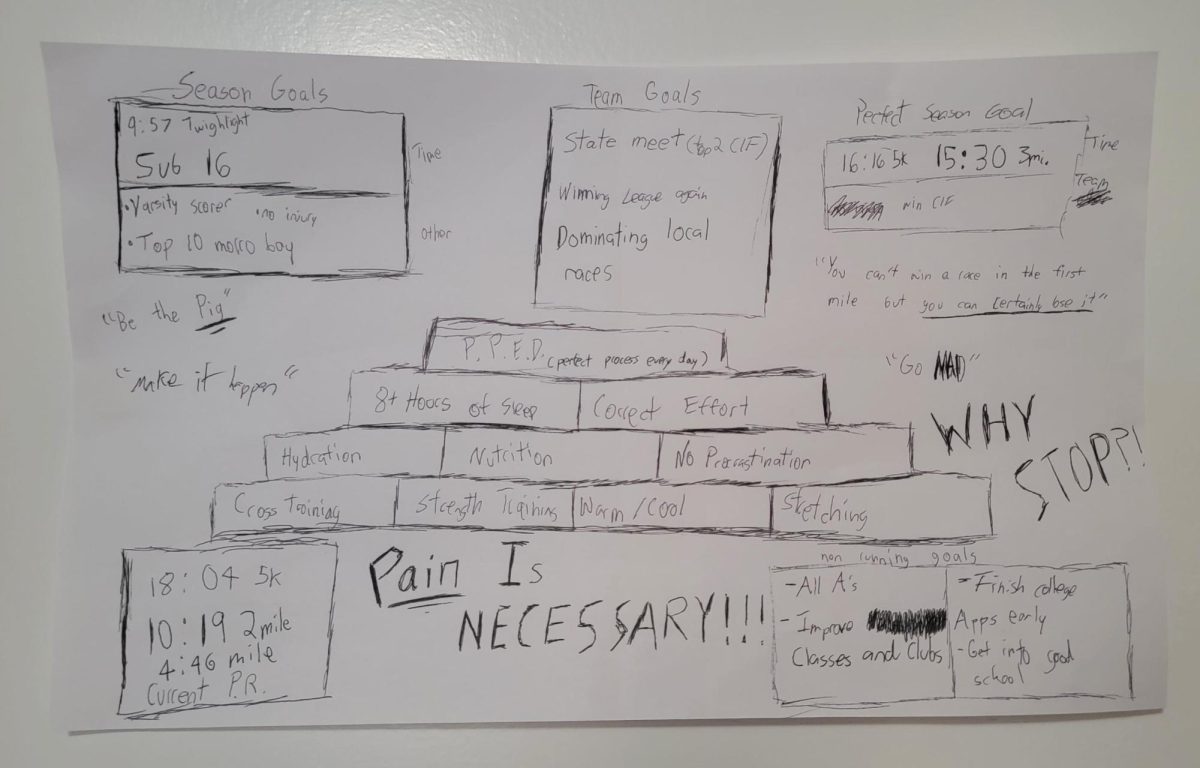Every San Luis Obispo High School student has been there, yearning for a squirt of ketchup to accompany some fries, only to open the fridge and discover a bottle of tomato goodness that expired last week. We are faced with two options, to use the ketchup in spite of the expiration date or throw it away. Most students would choose the latter.
On the contrary, most food and pharmaceutical drugs or supplements are safe to ingest after they outlive their “use by” or “best by” dates. These dates are created by manufacturers to inform the consumer when the item reaches its optimal quality. Therefore, labels don’t always reflect when the item has spoiled or lost potency.
Expiration dates cause consumers to throw out food unnecessarily and buy groceries more frequently which, in turn, costs them more money. Companies profit off of this cycle and feed it by leaving it up to manufacturers to label items far before they spoil or, in the case of drugs, lose effectiveness. In fact, studies have concluded that almost all drugs maintain full potential for nutrients and performance long after the estimated shelf-life.
“When food is expired, I leave it in the fridge for my mom to throw away. And I don’t pay attention to the expiration date on non-prescription medicine,” said junior Eddy Cristerna.
According to CNN, ninety percent of American citizens discard groceries before they truly go bad, and forty percent of the U.S. food supply is thrown away annually due to the inaccuracy of food dating. While hospitals alone throw away $800 million of medicine each year simply because they weren’t used prior to the expiration date.
Some ways to avoid being wasteful include; smelling the food, observing it for mold or other signs of danger, and using common sense before eliminating the item altogether.
Although it is often second nature, one may think twice before throwing out food or medication that has exceeded its date. Corporations and businesses thrive on the money Americans spend on compensating for the premature loss of groceries and drugs.
Sources: Cnn.com
Health.harvard.edu
Propublica.org
Reason.com




































